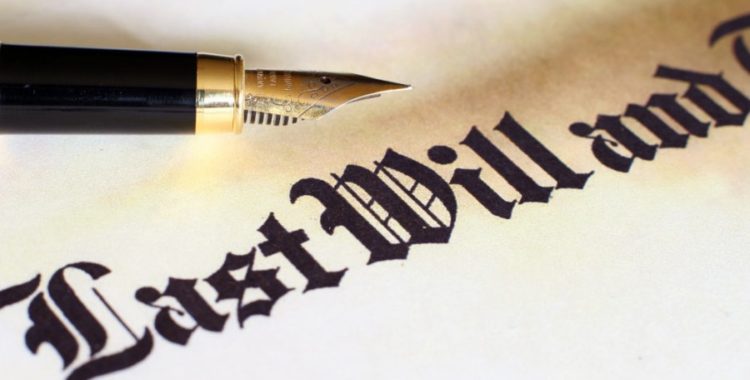Can Wills Be Changed in Pennsylvania?
If you want to pass on property to your children and other family members, a will is one of the best instruments to use. A will is the foundation for many estate plans. However, people may believe that once they complete a will, they can no longer alter it. Fortunately, that is not true, and you can change your will after it has been completed. If you or a family member need to change a will, you should consult with an experienced southeast Pennsylvania estate planning lawyer today. The legal team at Herr Potts and Potts are ready to provide you with legal representation for all your estate planning needs. Herr Potts and Potts are here to explain whether a will can be changed in Pennsylvania.
How to Alter a Finished Will
A will can be used to pass on personal and real property to various members of your family like your spouse, children, and parents. A will can even be used to convey property to a business or charitable organization. When people create a will, they often do not anticipate needing to change it later on. Unfortunately, as time goes on your relationship with the beneficiaries named in your will may become estranged or nonexistent. Therefore, it is understandable that you may want to alter your will to avoid leaving property to individuals or organizations you no longer associate with.
There are a few options available to individuals who wish to change their will. One way to change the contents of your will is to use a codicil. A codicil is like a supplement to a will that can be used to amend portions of a will. The codicil should state the which provisions of the will are being changed and which provisions will remain the same. The codicil should also be signed and dated to make it clear that it is intended to supplement the will and that it was created after the will. You should store the codicil with the original copy of the will.
Another method for changing a will in Pennsylvania is by revoking the will and replacing it with a new will. The new will must be constructed in accordance with Pennsylvania laws as the previous will was.
If you wish to revoke a will entirely without changing any provisions, you can commit a physical action to the document such as “burning, tearing, canceling, obliterating, or destroying the will.”
If you need to know more about changing a will in Pennsylvania, you should speak with an experienced elder law lawyer.
How to Create a Valid Will in Pennsylvania
To create a valid will in Pennsylvania, you must follow a few basic requirements. The will creator or testator must be at least 18 years old if they wish to create a will. Next, the testator must be “of sound mind.” This means that the testator cannot suffer from a progressive mental illness like dementia when they created the will. However, it is possible for a testator to be “of sound mind” despite having moments of confusion.
There are three ways that a will can be signed so that it may be considered valid:
- The will can be signed by the testator.
- The testator may use a mark as a signature if their name is written before or after the mark. To use a mark as a signature, the testator must sign in the presence of two witnesses who then sign the will in the presence of the testator.
- The testator can order another person to sign the will for them. However, to be valid, the testator must recognize the document as his or her will in the presence of two witnesses who sign the will.
Other than the circumstances listed above, you do not require witnesses to create a valid will in Pennsylvania. Additionally, to be valid, a will must be in writing. It is important to note that Pennsylvania does not limit the number of beneficiaries that can be included in the will.
Our Pennsylvania Elder Law Attorneys Can Help You Draft a Valid Will
If you or a family member needs to amend a will, you should speak with an experienced southeast Pennsylvania elder law attorney. The legal team at Herr Potts and Potts have served clients in southeast Pennsylvania for over 80 years. We will tailor our representation to meet your unique elder law needs, from estate planning to filing a guardianship. If you have important property that you need to convey to your family, we are here to help you. To schedule a confidential consultation with one of our diligent attorneys, call us at (610) 254-0114 or reach us online.



